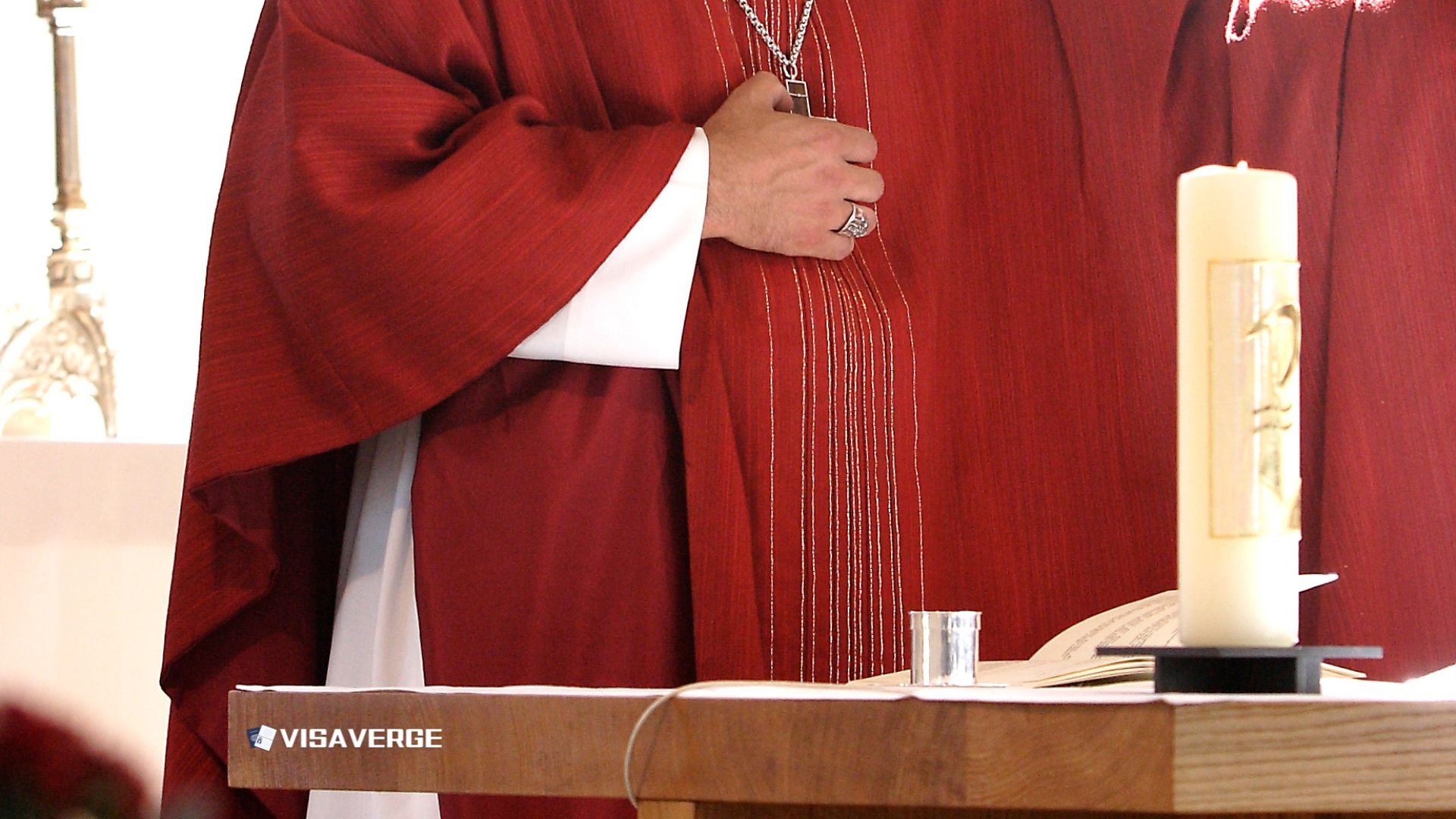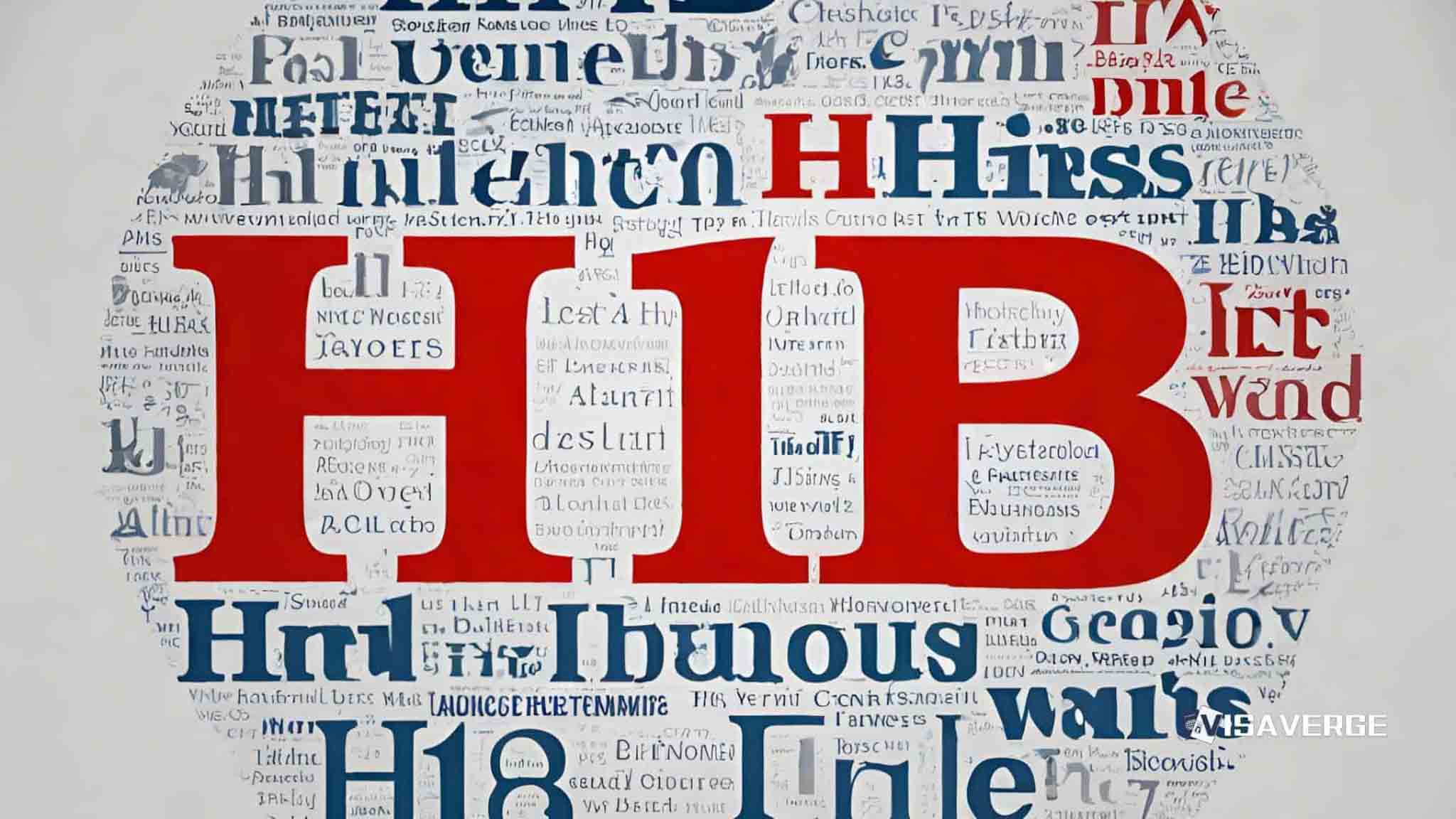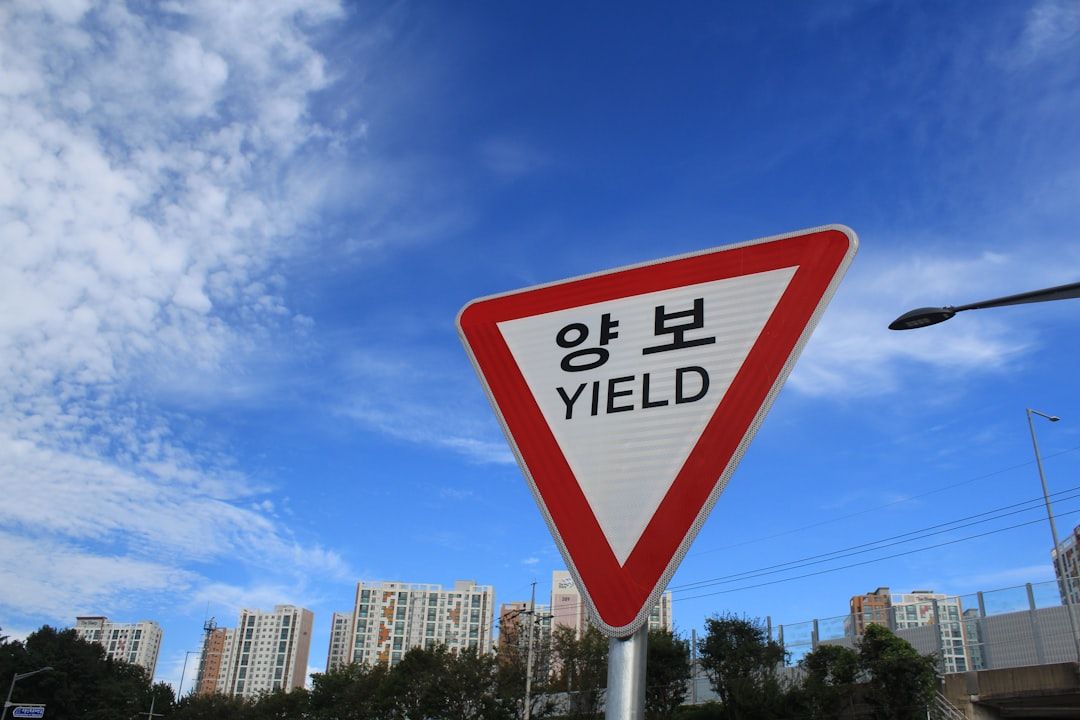(BALTIMORE) The U.S. Conference of Catholic Bishops on Wednesday condemned what they called the Trump administration’s “indiscriminate mass deportation” of immigrants, approving a rare, unified pastoral message during their annual fall plenary assembly in Baltimore. The statement, adopted on November 12, 2025, described growing fear among immigrant families and urged a different course, saying national security can be upheld without sweeping removals that separate parents from children and push long-settled residents into detention.
Vote and language adopted

The measure passed with overwhelming support after Chicago’s Cardinal Blase Cupich proposed language that sharpened the text.
“We oppose the indiscriminate mass deportation of people,” the bishops affirmed, adopting the amendment by a vote of 216-5, with 3 abstentions.
- The wording drew a standing ovation, reflecting an unusual degree of agreement among prelates who often differ on public policy.
- One senior bishop called the outcome “a fundamental unity among us,” noting the hall responded not to a party line but to a pastoral call rooted in the daily reality of parish life.
Pastoral emphasis, not partisan politics
Leaders stressed the message was “pastoral, not partisan”, repeating that distinction as they recounted families turning up at rectories and legal clinics with letters from immigration officers or notices about upcoming check-ins.
“Our concern is the human person before us. We cannot look away from people who live in the shadows and fear a knock at the door at sunrise.”
In their final text, the bishops wrote that “human dignity and national security are not in conflict,” urging federal leaders to:
- build safe and legal paths,
- expand due process, and
- avoid tactics that sow panic in schools, workplaces, and neighborhoods.
Context: enforcement policies and parish impact
The statement comes amid stepped-up immigration enforcement policies under President Trump, including expanded “expedited removal,” which allows certain deportations without a full court hearing. Bishops cited:
- reports of wider operations,
- increased funding for detention and deportation, and
- the loss of safeguards for groups long recognized as vulnerable (including Dreamers and people with Temporary Protected Status).
Church leaders described concrete parish effects:
- parishioners skipping Mass,
- parents withdrawing from school events, and
- mixed-status families keeping go-bags by the door.
Why “indiscriminate mass deportation” mattered
Cardinal Cupich’s amendment was the pivot point. Bishops said the phrase captured enforcement patterns they have witnessed, such as:
- home raids that leave children stranded, and
- use of custody far from community support.
Many saw the language as a moral marker — the church calling policies by their real-world outcomes. The nearly unanimous vote signaled a bench ready to speak in a single voice despite varied political leanings across dioceses.
Concerns about detention and pastoral access
The assembly raised concerns about detention centers with limited access for chaplains and pastoral care. Bishops said they have struggled to get priests into facilities to provide sacraments or counsel, especially in remote locations.
- “People sit for weeks without contact,” one auxiliary bishop said, urging improved access for faith leaders and legal aid.
- The final message prayed for an end to dehumanizing words directed at immigrants and at law enforcement officers, noting that rhetoric on all sides can spark threats and violence.
Historic note and parish-level effects
This is the first time in 12 years the conference has issued a special pastoral message on immigration — a format bishops reserve for moments they view as especially urgent.
- The return to this format suggests how widely the current climate is felt, from border towns to the Midwest.
- “We meet families every week who have lived here for years, paying taxes and raising children,” a Southwest bishop said. “They fear a sweep that does not see their story at all.”
Practical impact and local responses
Advocates in Baltimore described practical effects of a unified church stance:
- Catholic Charities staff said a clear pastoral message often opens doors for “know your rights” sessions and pro bono consultations in school gyms and parish halls.
- Bishops urged dioceses to accompany families and work with local groups that provide competent counsel, while the conference itself stayed within a moral frame rather than offering legal instructions.
According to analysis by VisaVerge.com, faith-based responses can help steady communities during periods of stepped-up enforcement — keeping parents informed and children in school even when fears run high.
Due process concerns and appeals to officials
The administration’s approach has included high-visibility operations and broader use of removal authority that immigrant lawyers say shortens opportunities to present claims. The bishops’ message:
- did not detail statutes or case law, but
- underscored due process concerns and asked officials to avoid enforcement actions near places like schools, hospitals, and churches.
Immigrant parents in attendance quietly welcomed the statement, though some worry it will not change day-to-day reality.
“Words matter to us,” said a mother from Texas whose husband was detained during a workplace check. “But every morning I still wake up early in case agents come.”
Church teaching and the public square
In post-vote interviews, several bishops linked church teaching to public debate, insisting defending immigrant dignity does not negate the rule of law. They called for:
- laws and enforcement that are measured, humane, and open to reform,
- safe and legal pathways that reflect economic needs and family unity, and
- recognition of the government’s role in managing borders.
“The common good is not served by policies that treat people as numbers,” one metropolitan archbishop said, echoing the statement’s reminder that the state’s aims and human dignity can coexist.
Next steps and outreach
Reaction across Catholic networks was swift:
- Parish groups planned vigils and listening sessions.
- Diocesan offices prepared translations of the message.
- Organizers planned to deliver copies to members of Congress during upcoming district visits.
- Bishops promised to visit detention sites where possible and engage sheriffs and local officials about chaplain access.
They also prayed for officers who carry out removals, asking protection from harm and pressure to act in degrading ways.
Officials did not say whether they contacted the White House ahead of the vote, and administration spokespeople did not respond during the session. The bishops’ conference said it would forward the message to federal agencies and invite meetings with policymakers.
For government background on detention and deportation operations, see ICE’s information at ICE Enforcement and Removal Operations, which outlines the agency’s mission and activities.
Anticipated demand and family planning
While the statement avoids prescribing legislative text, its timing gives weight as national debate intensifies. Parish leaders said they expect:
- higher demand for legal screenings, particularly from mixed-status families preparing for possible enforcement actions,
- teenagers with citizen status seeking plans for younger siblings if a parent is detained.
“They’re asking for a plan, not a slogan,” said a deacon who assists at weekend clinics.
Closing reflection
As the bishops left the floor, the phrase at the heart of their message lingered: indiscriminate mass deportation. For them, it is not just a policy term but a lived reality in parishes where a line for confession can include a child clutching a school backpack and a parent holding a notice to appear.
Their message asks the country to:
- choose a path that keeps families intact,
- respect the law, and
- remember that behind every file number is a person with a name, a job, and a home.
This Article in a Nutshell
On November 12, 2025, the U.S. Conference of Catholic Bishops issued a rare unified pastoral message condemning what they termed “indiscriminate mass deportation” under the Trump administration. Adopted 216-5 with 3 abstentions after Cardinal Cupich’s amendment, the statement emphasized pastoral concerns over partisan politics, called for safe legal pathways and expanded due process, raised alarm about detention access and parish-level impacts, and pledged diocesan outreach, legal screenings, and engagement with policymakers.













